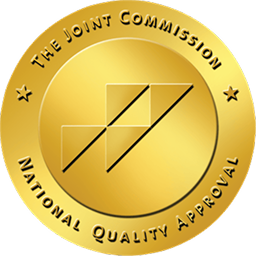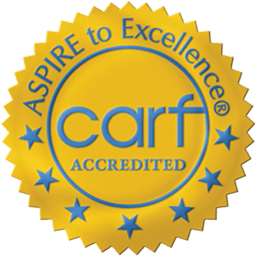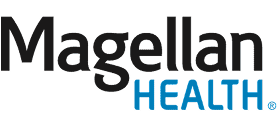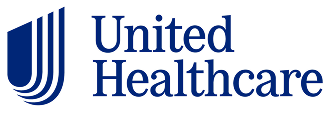Find the Right Level of Care for You
The Blanchard Institute provides comprehensive addiction and mental health programs designed to meet you where you are on your recovery journey.
Types of Care


*Short-term housing and transportation available.





*Short-term housing and transportation available.



Compare Our Levels of Care
Explore addiction treatment programs offered by The Blanchard Institute. Contact admissions for a same-day consultation.

What We Treat
Our Specialized Treatment Approach for Every Family
Trusted, Accredited Addiction & Mental Health Treatment


We Work With Most Major Insurance Providers









Call to Verify Insurance Benefits
Frequently Asked Questions
Partial Hospitalization Programs (PHP) offer full-day, structured treatment (typically 5 days a week) providing intensive therapy and medical oversight.
Intensive Outpatient Programs (IOP) involve fewer hours per week, allowing participants to maintain work, school, or family commitments while continuing structured recovery support.
PHP is ideal for individuals needing daily support and therapeutic structure, while outpatient treatment works best for those who are stable and ready for more independence. The right choice depends on the severity of symptoms, home support, and clinical recommendations.
IOP provides multiple therapy sessions per week and a community environment for accountability, while standard outpatient therapy typically involves one or two sessions weekly. IOP bridges the gap between structured programs and independent recovery.
The best way to determine your level of care is through a professional clinical assessment. A clinician considers your current symptoms, substance use patterns, environment, and medical history to recommend the most effective treatment program.
Many of our IOP and outpatient programs are designed with flexible schedules offering morning or evening sessions so you can continue working or studying while receiving treatment.
Length of treatment depends on the program and individual progress. PHP typically lasts 2–4 weeks, IOP runs 6–8 weeks, and outpatient or recovery management continues as needed for ongoing support.
Yes—outpatient detox allows individuals to safely withdraw from substances under medical supervision while continuing to live at home. This option works best for those with mild to moderate withdrawal symptoms and a supportive home environment. The Blanchard Institute is one of the only providers in North Carolina that offers at-home detox.
Many treatment centers now offer virtual or hybrid programs that combine online group therapy, one-on-one counseling, and remote monitoring. These options provide flexibility and privacy for those unable to attend in-person care.
Common evidence-based therapies include Cognitive Behavioral Therapy (CBT), Dialectical Behavior Therapy (DBT), Motivational Interviewing (MI), trauma-informed care, and family therapy—all tailored to individual needs and goals.
After completing treatment, ongoing recovery management may include outpatient therapy, support groups, relapse prevention planning, and continued family engagement to maintain progress and prevent relapse.





